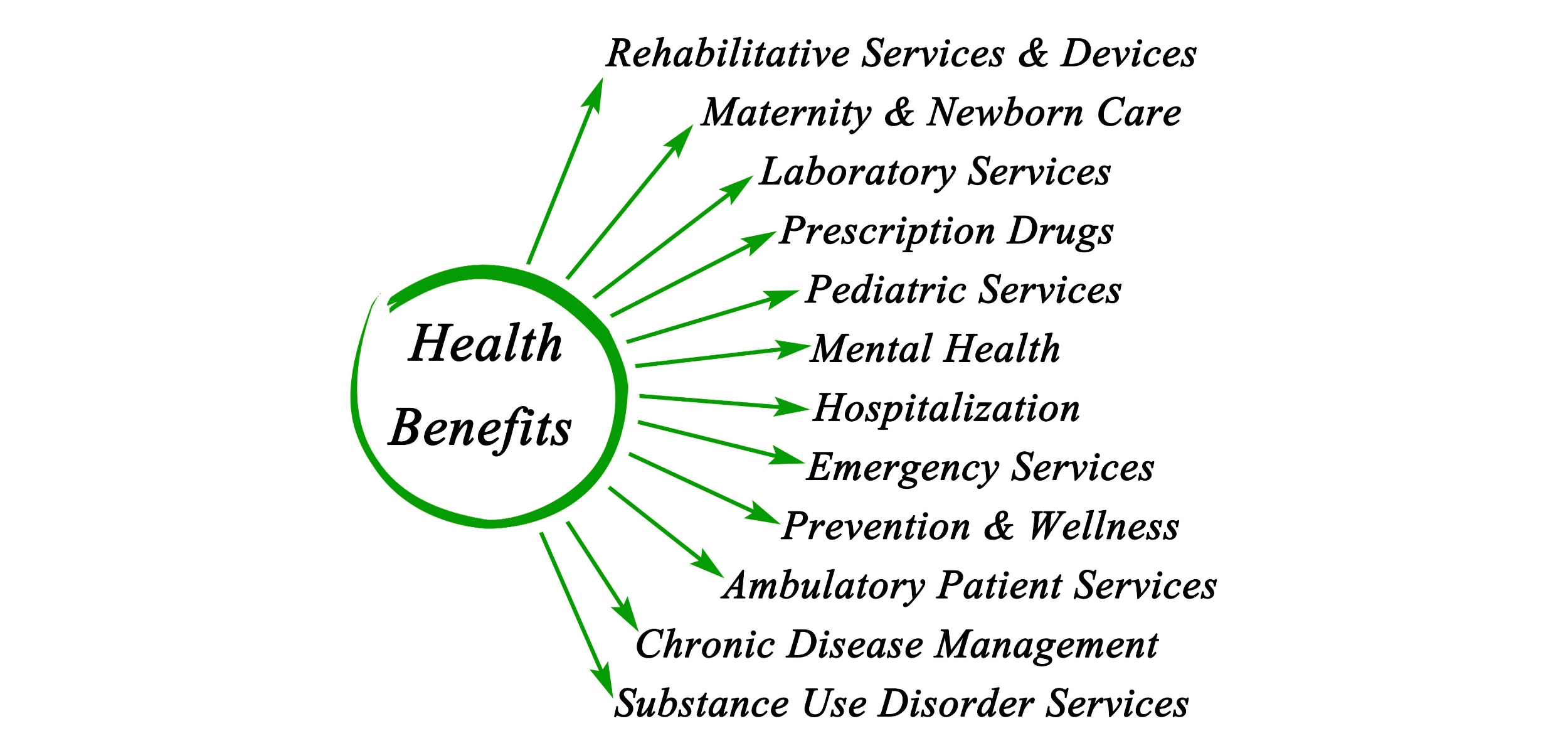What are the benefits of a health and social care degree? In this blog I give you the main point right away: you gain practical tools, employable skills, and real-world experience. You don’t just learn theories. You deliver care, shape policy, and step into real professional settings while you study. You grow confidence, skills, and workplace readiness.
Real-world relevance: Where theory meets practice
A health and social care degree doesn’t just live in textbooks. It connects directly to real people, real policies, and real decisions at professional work sites. Many courses include placements. You spend time in hospitals, care homes, schools, or community organisations while studying. You get a feel for real working life early on. You chat with professionals, see how care actually works, and build confidence as you go. By the time you graduate, you already know how to act and adapt in a care setting.
Benefit 1: Hands-on experience builds confidence fast
From early on, you head into real placement settings. You meet clients and their families, shadow nurses or social workers, and help out with everyday tasks that matter. Later, you take on responsibilities like care planning or support interventions. This builds real-world confidence. You show employers you already know your way around care environments.

Benefit 2: Vocational skills you actually use
You pick up tools you’ll actually use—like how to plan care, keep proper records, and follow safety rules. You learn to listen well, spot mental health issues, and support people who might be at risk. Everything you study connects to real work. These skills align with job roles in health, social care, and allied settings. You leave with skills you can list on your resume from day one.
Benefit 3: Job options expand across sectors
You can work in hospitals, care homes, schools, mental health teams, or community outreach. Also, you can go into public health, policy, or commissioning. You can join non‑profits, NGOs, or local government. You can train to be a nurse, social worker, care manager, or therapist. That means you’ve got options. You can pick a path that fits your strengths and what you enjoy. And if you ever want to switch roles later, you won’t have to start all over again. Employers in lots of different areas know the value of this degree.
Benefit 4: Connections and networks that matter
During placements, you meet managers, inspectors, community leads, nurses, and social workers. You may work with service users, carers, and volunteers. These people become your network. They can offer guidance, references, or job leads. Your tutors bring contacts in local services. Your classmates become future colleagues across care sectors. You get insider insight into job markets and emerging opportunities. These networks help you join relevant professional bodies and conferences after graduation.
Benefit 5: Reflective mindset, policy awareness, lifelong learning
You don’t just learn the practical stuff—you also learn to think about how you work. What went well? What could be better next time? You start to see how policies affect care, where things could improve, and how new ideas can make a difference. That practice is invaluable in real roles. You practice ethical thinking, understand equality and diversity law, and learn about safeguarding. You grow a mindset that stays sharp long after you graduate.
Benefit 6: Boost your resume with industry accreditation
Many health and social care degrees come with endorsements from professional bodies. You may receive accreditation from organisations like Social Work England, Health and Care Professions Council (HCPC), or other bodies. That adds credibility. You may qualify to register as a support professional with minimal extra training. You get a head start on professional registration. Employers recognise accredited programmes. You stand out in graduate schemes and entry-level job posts.
Benefit 7: Clear path for career progression
You could start out as a care assistant, support worker, or therapy aide. As you gain experience, it’s easy to move into roles like care coordinator or team leader. Down the line, you can train to be a nurse, therapist, or social worker if that’s the direction you want to go.
Many universities offer top‑up degrees or postgraduate conversion routes. You can aim for senior roles, team leadership, or service development roles. The degree keeps your options open and gives you room to climb steadily.
Benefit 8: Personal growth and understanding
You engage with people from diverse backgrounds and life stories. You hear about challenges in families, communities, and lives. That gives you empathy and insight. You learn to adapt communication to need. You build resilience when facing emotional situations. That personal growth helps in care roles and beyond. You develop maturity and emotional intelligence. You understand ethical tensions better. That helps you work well in teams and with service users.
Benefit 9: Strong support during your learning journey
Your university tutors often have real experience in care practice. They coach you through assessments, placements, and learning tasks. They help you handle emotional or challenging placements. You gain practical feedback. Your tutors give you clarity about career choices. Your peers support you through shared challenges. You practise group tasks that mirror real-world teams. You study in a setting that prepares you emotionally and technically for your future role.
Benefit 10: Make a difference from day one
With this degree, you don’t wait until post‑grad to make an impact. You start giving meaningful support even as a student. You support older adults, children, or those with mental health needs and help shape care plans. Also, you may influence policy or small service improvements in your placement site. That early impact energises students who want practical change. You feel professional purpose early in your studies.
How to choose the right health and social care degree
- Spot programmes that include early placements in hospitals or local services.
- Check for accreditation by relevant professional bodies.
- Ask about how much support tutors and placement coordinators offer.
- Choose modules that match your interests like mental health, child care, disability, or ageing.
- Check how courses help you link placement feedback into your assignments.
- See how they support your CV building and job‑search workshops.
- Look into universities with good employer links.
- Talk with current students or alumni for honest stories about the placement experience.
What employers say about graduates with this degree
- Employers want graduates who can walk into their care teams ready to contribute.
- Graduates with placement experience often need less on‑the‑job training.
- Schools and hospitals report that students bring fresh perspectives to care plans.
- Social services value the reflective mindset that comes from course assignments and placement debriefs.
- Public health teams seek graduates with experience in community outreach and health promotion planning.
- NGOs appreciate the professional communication skills and records‑keeping taught in these programmes.
How students benefit: stories from the field
Imagine Anna, who studied with early placements in hospice care. She grew confident talking with palliative patients months before graduating. That experience led her to a junior hospice coordinator role right after her degree.
Think of Jamal, who joined community mental health outreach during study. He helped run support groups, understood policy settings, and moved into a public health assistant role in his city council soon after.
Both walked into jobs with experience and both employers recognised their readiness. Both felt empowered from day one.
Summary: What are the benefits of a health and social care degree?
This degree gives you practical tools, hands‑on experience, and real professional networks. It combines classroom learning with real placements. Also builds your confidence, vocational skills, and understanding of policy. It connects you to employers and accrediting bodies and opens doors across hospitals, social services, community outreach, and beyond. It prepares you to move forward into nursing, therapy, social work, or leadership. You learn to reflect, adapt, and help others and also shape your own path with knowledge and real‑world insight. You grow personally and professionally from day one.
Final tips for making the most of the degree
- Treat your first placement as if you already held the role.
- Ask lots of questions.
- Keep a journal to reflect after each shift.
- Connect with people on your placement site.
- Take every chance to practise record‑keeping and communication.
- Let tutors know when you face emotional challenges.
- Join extra opportunities like volunteering or health campaigns.
- Attend conferences or join student care societies.
Closing note
In care work, experience matters more than pure theory. This degree blends both instantly. You don’t just learn. You act, engage, support and connect. It helps you become a capable care professional, ready to shape services and help real people. That’s why “What are the benefits of a health and social care degree?” can’t stay a question. It becomes your launching point into practical, grounded, vocational care work.
Want to build real skills and make a real difference? Join our online Health and Social Care courses at School of Health Care—learn by doing, start today.



